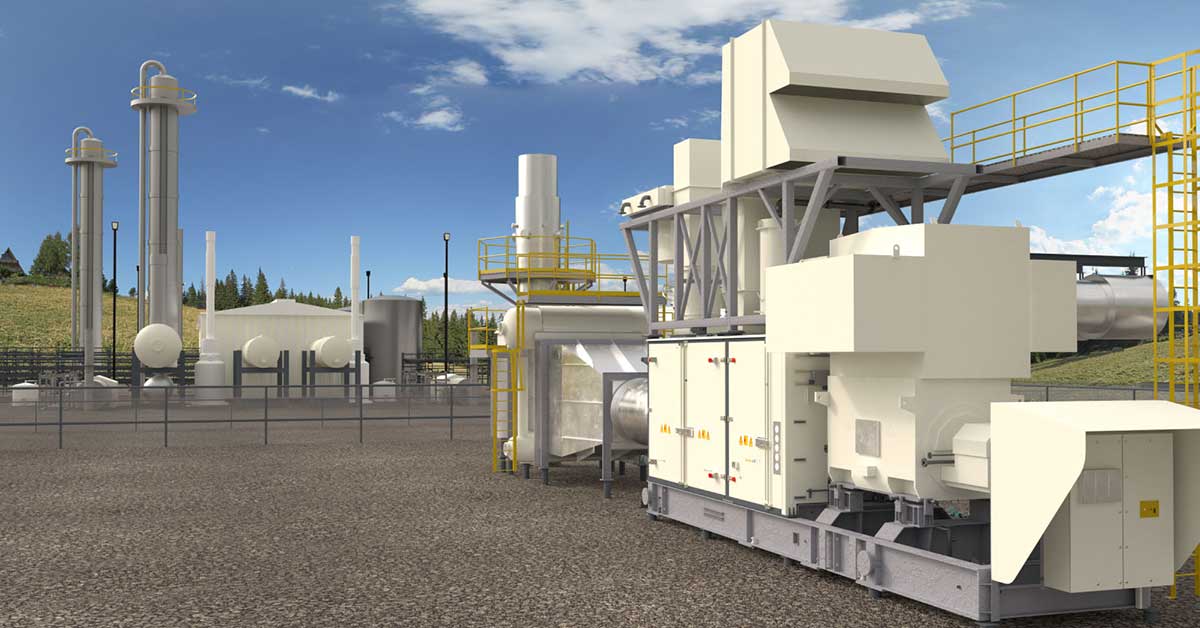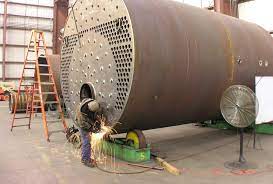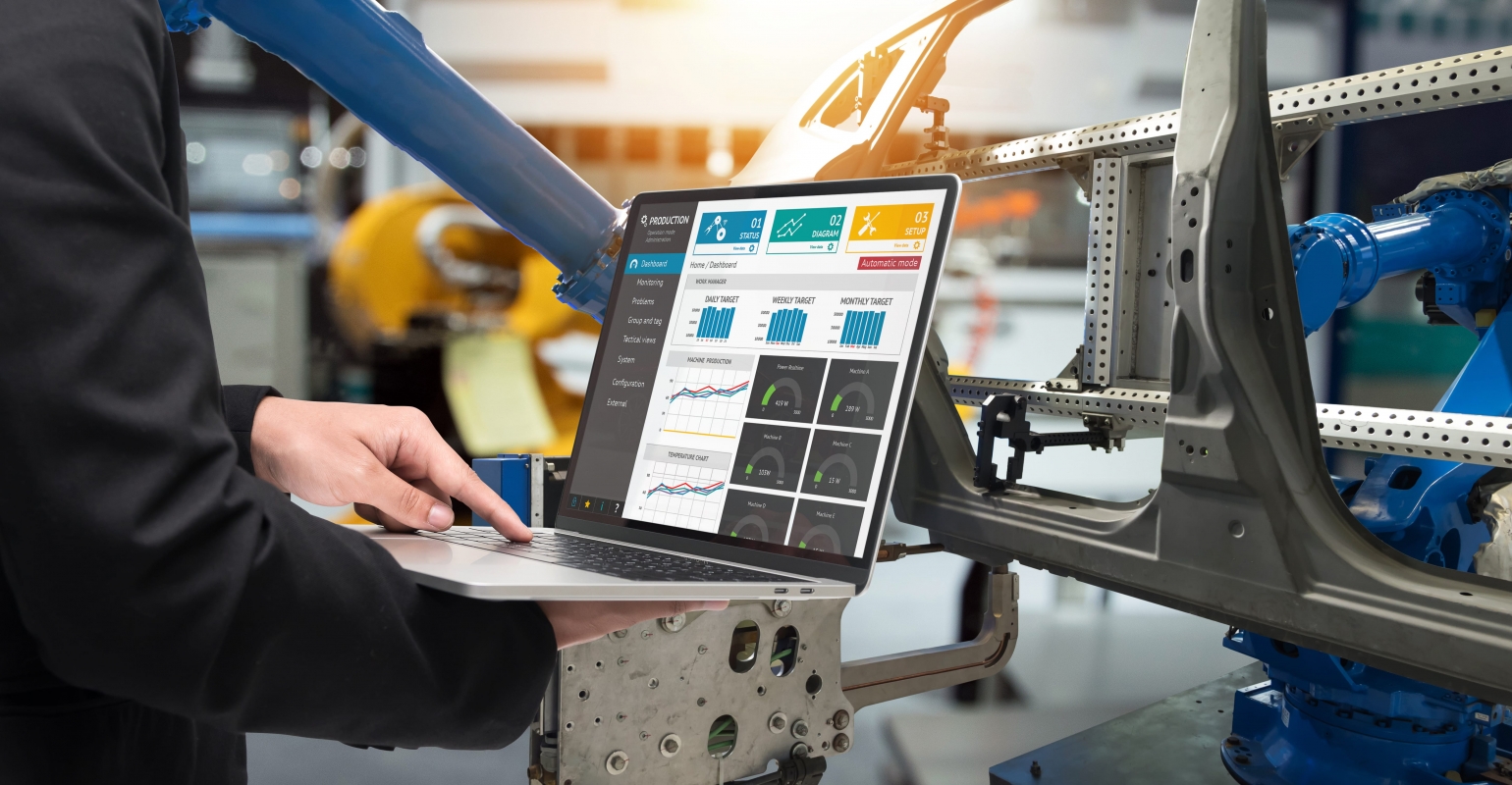Introduction
Steam was the driving force behind the First Industrial Revolution. Steam literally “powered” the First Industrial Revolution in Europe by providing power that replaced manual labour and which led to mass production.
Steam still remains one of the important pillars of the industry that is now moving towards the 4th Industrial Revolution.
Over the last 250 years, boilers have undergone many changes in various aspects of design, materials, manufacturing processes, source of heat, automation etc. Today the boilers have become smarter, safer, much more efficient and highly reliable. But this progress is not enough to meet the challenges of the digital and environmental revolution that is cascading to become the 4th Industrial Revolution.
The 4th Industrial revolution has a lot of demands on the boilers. If the boiler designers and manufacturers fail to address these demands, they will lose out on other energy sources. These demands include:
1. Target Zero emissions
Because of the combustion process in most of the boilers, they emit a lot of pollutants such as NOx, SOx, SPM, CO. Even the CO2 coming from the combustion process is now being classified as a pollutant. If boilermakers do not take efforts to reduce these emissions, the boiler industry may lose its prime place to other energy sources like fuel cells, renewable electricity coupled with storage, etc. This is an existential challenge for the boiler industry and we must embrace technologies such as low NOx or zero NOx burners, oxyrich combustion, etc. that reduce the emissions and develop new technologies like electric boilers, hydrogen based boilers that eliminate emissions.
2. Maximise use of renewable fuels
While the work on finding zero-emission boiler is continuing, we must move our focus to efficient utilisation of renewable sources like biomass, solar coupled with biomass and minimize the use of fossil fuels. A lot has been done by the industry in this respect. However, the focus now must move from successful combustion of difficult biomass fuels to efficient combustion and utilisation of biomass.
3. Start the use of municipal & industrial waste as fuel
While all of us work on most optimum utilisation of the fossil fuels & biomasses to minimise environmental impact, we are not paying enough attention to utilise municipal & industrial waste as a source of heat for our boilers. Even if the boilers get converted to electric or hydrogen firing for zero-emission, the problem of unabated accumulation of municipal waste & industrial waste is not going to go away. The boiler industry has a very important role to play in the safe & environmental-friendly disposal of these wastes while giving free steam/electricity from the heat generated from these wastes.
4. Maximise heat extraction
The boiler manufacturers must work on innovative ways to maximise the heat extraction from flue gases to maximise efficiency. These flue gases could be coming from boilers, furnaces or other process equipment. This would not only help in reducing the cost of steam but would also help the cause of environmental protection. This would require them to work on better materials, new cycles of power generation like Organic Rankine Cycle.
5. Make boilers autonomous!
The industry must start working towards autonomous boilers just like the autonomous cars that are around the corner. These autonomous boilers will be smart, will have self-diagnostic features, would maximise efficiency and reliability simultaneously. This will call for the boiler industry to start working very closely with the IT industry to integrate the IoT/AI technology in the boilers.
Conclusion
All these demands are quite challenging for the boiler industry which has somewhat become complacent. Working on finding solutions to these challenges would not only rejuvenate this old industry but would also attract fresh talent that is interested in revolutionizing the industry and come up with innovative solutions to face these challenges posed by the 4th Industrial Revolution.
Shri Pravin Karve, CEO, Thermax Babcock & Wilcox




